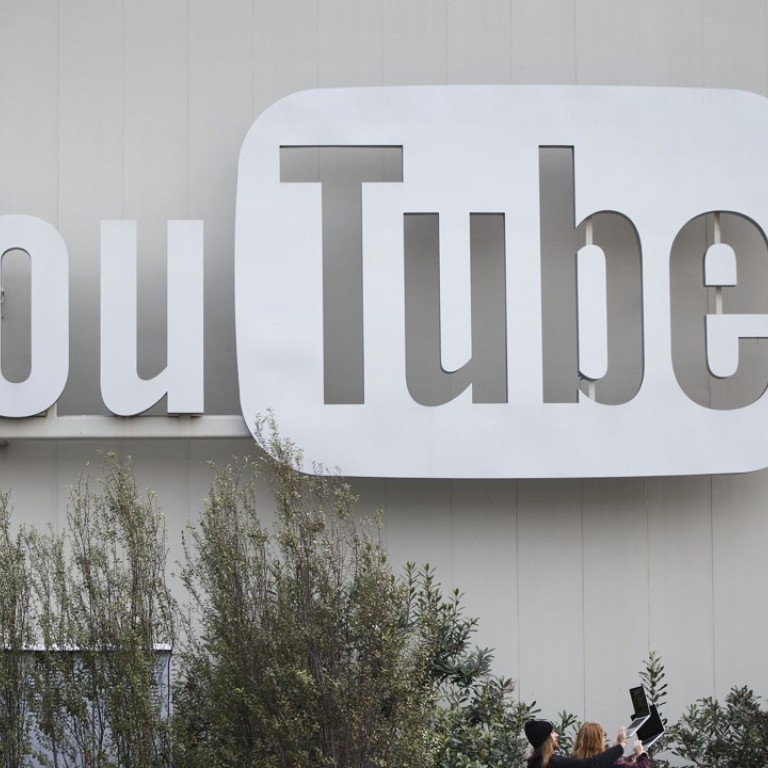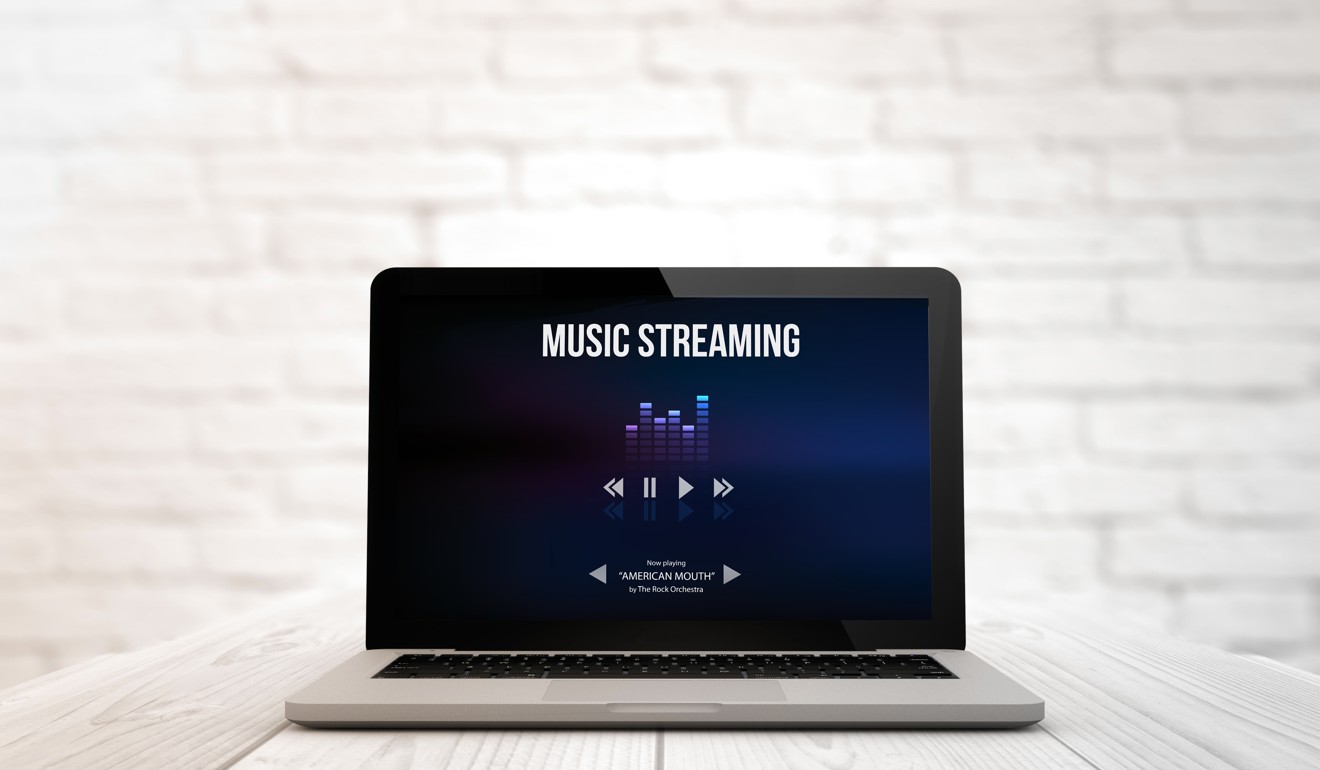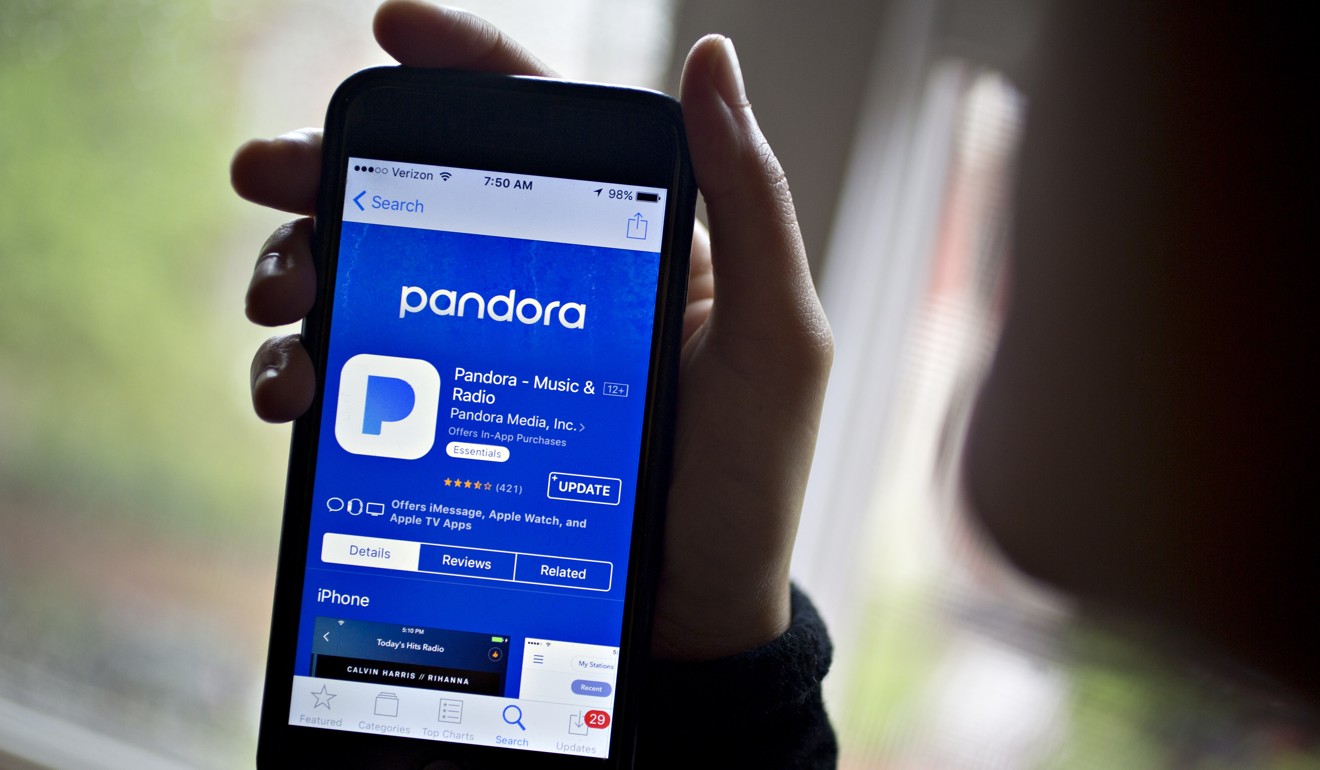
Why record labels are so angry with YouTube for underpaying on royalties for music video streaming
Video-sharing website accounts for 25 per cent of global music streaming traffic. Record companies believe it doesn’t pay enough in royalties and are trying to force YouTube to change
With the income from CDs and digital downloads disappearing, the music industry has pinned its hope for the future on online song streaming, which now accounts for the majority of the US$7.7 billion US music market, the largest in the world.
But the biggest player in this future isn’t one of the names most associated with streaming – Spotify, Amazon, Pandora or Apple. It’s YouTube, the site best known for viral videos, which accounts for 25 per cent of all music streamed worldwide, far more than any other site.
Now, YouTube is locked in a battle with music labels over how much it pays to stream their songs – and at stake is not just the finances of the music industry, but also the way that millions of people around the world have grown accustomed to listening to music: for free.

“I do think YouTube is starting to panic a little bit,” says Mitch Glazier, president of the Recording Industry Association of America.
But YouTube is not backing down, stressing the benefits to musicians of promotion on one of the web’s most popular sites – which allows ordinary users to integrate music into their uploads. YouTube also warns against attacks that could reduce competition among streaming services.
You can’t prevent something from going up on YouTube. All you can do is ask them to take it down. At some point, it’s not worth it
“The industry should be really, really careful because they could close their eyes and wake up with their revenue really concentrated in two, three sources,” says Lyor Cohen, YouTube’s global head of music, referring to Spotify, Apple Music and Amazon’s Prime Music.
The music industry counters they are backed into a corner when negotiating with YouTube – a unit of Google-parent Alphabet – which is mostly shielded by US federal law from being responsible for what users post on the site.
“It isn’t a level playing field,” says one executive at a major music label (who speaks on the condition of anonymity because he isn’t authorised to talk) “because ultimately you’re negotiating with a party who is going to have your content no matter what.”

Online streaming works like a digital jukebox, with fractions of a cent paid each time a song is played. The money comes from ads and subscriptions.
The EU has formally recognised that there is a “value gap” between song royalties and what user-upload services such as YouTube earn from selling ads while playing music. YouTube is by far the largest user-upload site.
The music industry claims YouTube has avoided paying a fair market rate by hiding behind broad legal protections. In the US, that’s the “safe harbour” provision, which essentially says YouTube is not to blame if someone uploads a copy-protected song – unless the copyright holder complains.
This, the music industry argues, leads to them hunting for illicit song uploads and filing notices with YouTube.
What I’m trying to do with YouTube is be a cheerleader to build a subscription business that the industry can be proud of
“You can’t prevent something from going up on YouTube. All you can do is ask them to take it down,” says Stephen Carlisle, who runs the copyright office at Nova Southeastern University. “At some point, it’s not worth it.”
YouTube says it has the solution: its Content ID system automatically checks for violations by comparing songs detected in new uploads against a database of claimed songs, capturing 98 per cent of complaints. The company says it averages fewer than 1,500 traditional copyright claims from the music industry a week.
YouTube also pointed out that it has licensing deals with large and small music labels.

“There’s no getting around the fact that, even if YouTube doesn’t have licences, our music will still be available but not monetised at all,” the memo continued.
Warner confirmed the memo’s authenticity, but, like the other major labels, declined to comment for this article.
Cooper’s complaints surprised Cohen, who worked at Warner until leaving for YouTube last year.
“I never heard that from his mouth during the entire negotiation,” says Cohen.
Cohen’s move to YouTube created waves in the industry. After all, Cohen was famous for taking one of the hardest stands against YouTube when, in 2008, he pulled Warner’s entire song catalogue from the video service to protest low song royalties.
It failed. After nine months and spending US$2 million trying to keep its music off YouTube, Warner capitulated.
Cohen says he is sympathetic to his former colleague’s complaints. But YouTube pays US$1 billion in song royalties worldwide each year. Cohen says his company has been hindered by its global reach – ad rates are lower outside the United States – and its slower rollout of a subscription option, YouTube Red.
“What I’m trying to do with YouTube is be a cheerleader to build a subscription business that the industry can be proud of,” says Cohen.

